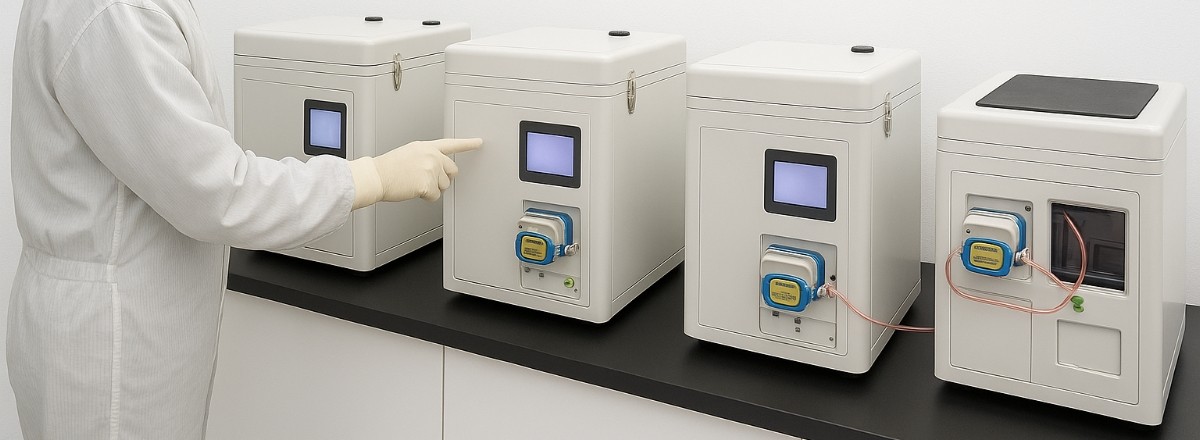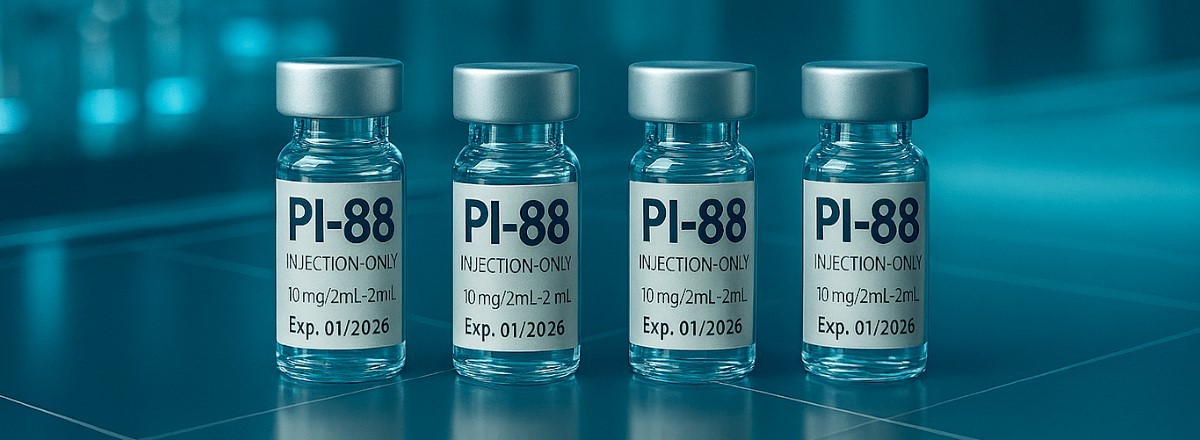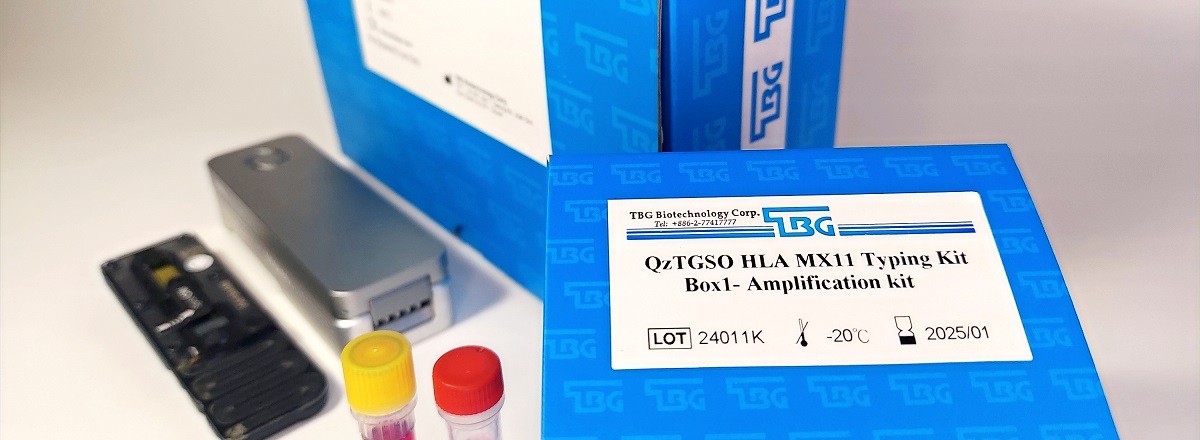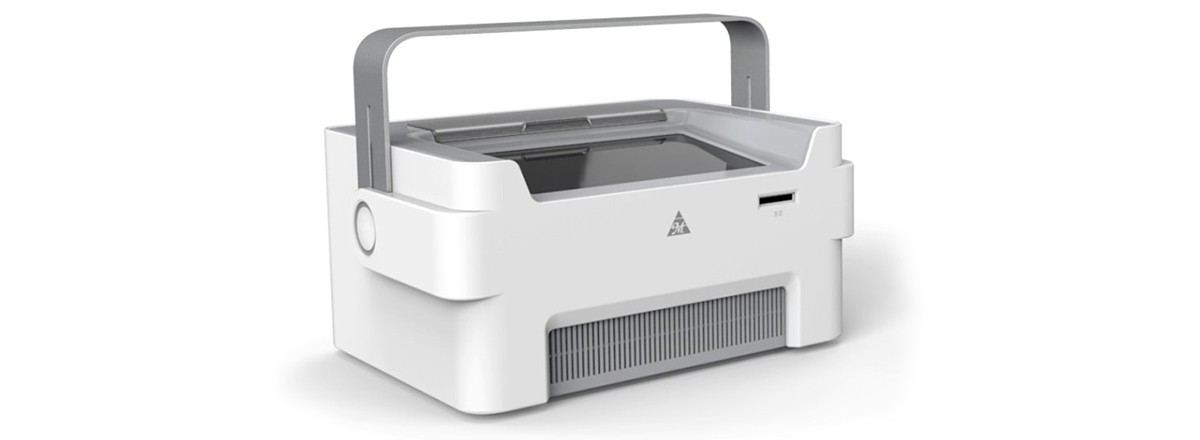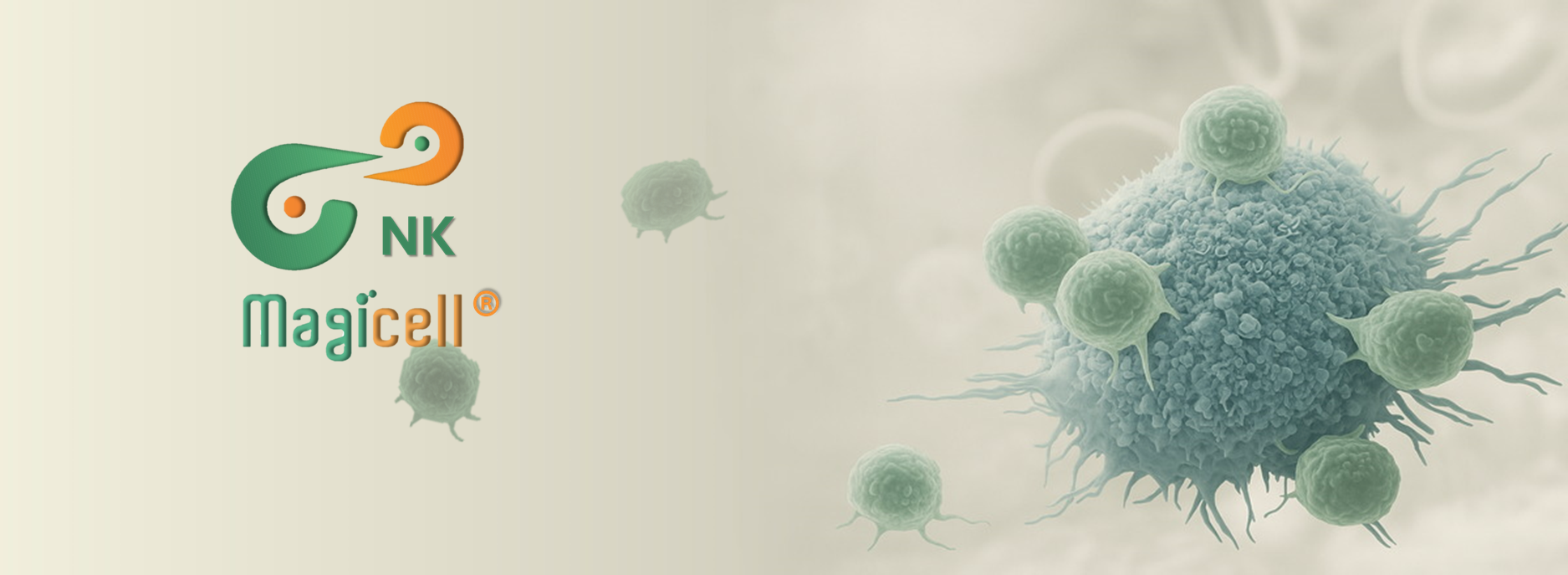
Magicell® is the registered trademark of Medigen Biotechnology Corp. for its proprietary cell therapy technologies and products. The "NK" in Magicell®-NK refers to "natural killer" cells. Magicell®-NK represents Medigen's unique technology platform for activating and producing NK cells.
The Magicell®-NK platform enables the cultivation of NK cells with high purity (≥95%), strong cytotoxicity (≥70% at an E:T ratio of 1), and high cell yield (5~50 x 10⁸ cells per 100 ml). The resulting product complies with the standards of Taiwan's Ministry of Health and Welfare under the "Regulations Governing the Application of Specific Medical Examination Techniques and Medical Devices." Between 2020 and 2024, Magicell®-NK was approved for use in 10 hospitals across Taiwan to treat cancer patients.
Magicell®-NK has received approvals from the Taiwan Food and Drug Administration (TFDA) to conduct two clinical trials: (1). A Phase I clinical trial using autologous NK cells as an adjuvant therapy for patients with colorectal cancer after surgery; and (2). A Phase I/II clinical trial using allogeneic NK cells in combination with chemotherapy as an adjuvant therapy for patients with pancreatic ductal adenocarcinoma (PDA) or cholangiocarcinoma after surgery.
Through these clinical studies, Medigen aims to expand the therapeutic application of Magicell®-NK to benefit more patients. The company is actively seeking to advance commercialization through strategic partnerships and alliances.
